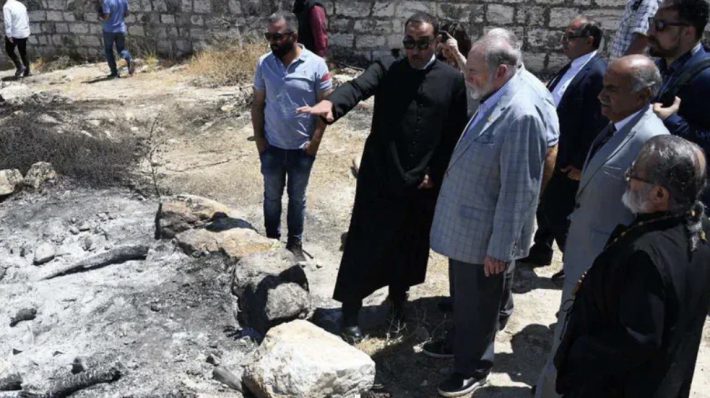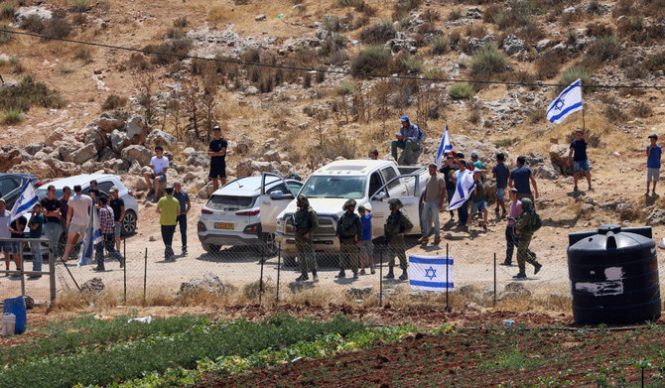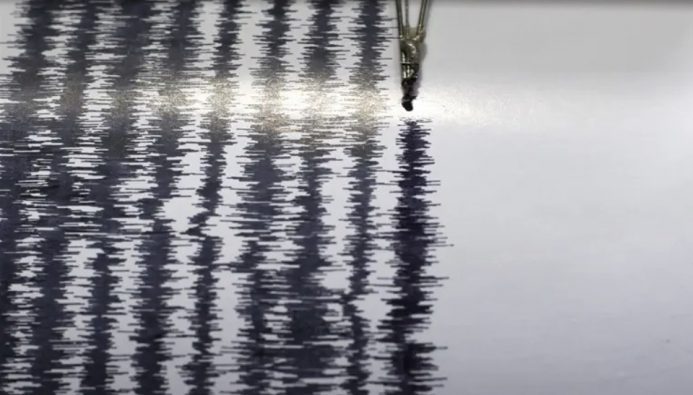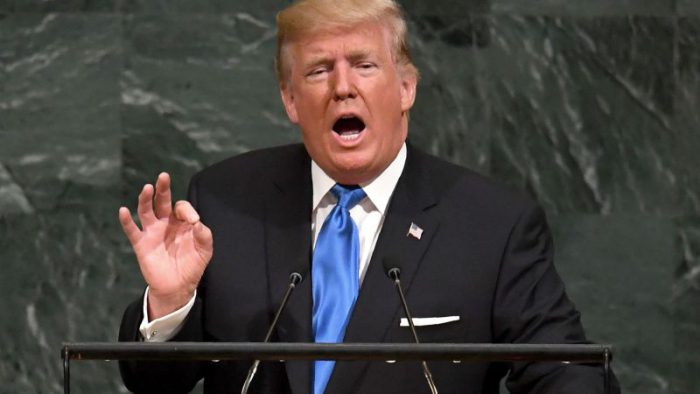An explosive investigation challenges allegations that Israeli settlers torched a historic Taybeh church, revealing potential political manipulation behind the narrative.
A probe by The Press Service of Israel (TPS-IL) has unearthed troubling inconsistencies in the widely reported claim that Israeli settlers deliberately set fire to the 1,500-year-old Church of St. George in the Palestinian Christian village of Taybeh.
Contrary to accusations made by church leaders and international diplomats, new evidence suggests that Jewish residents from a neighboring farm may have actually tried to put out the flames—not ignite them—raising serious concerns over the motives behind the original claims.
The incident drew global attention on July 14 when Greek Orthodox Patriarch Theophilos III, accompanied by Latin Patriarch Cardinal Pierbattista Pizzaballa and diplomats from 20 countries, condemned the fire as an act of arson by Israeli settlers. “This was a targeted attack on a community that symbolizes peace,” Theophilos stated during the high-profile visit.
Church officials released a video purporting to show settlers starting the fire. However, footage reviewed by TPS-IL told a starkly different story. It showed several young Jewish men, some carrying fire extinguishing tools, arriving on the scene in an apparent attempt to suppress the blaze. Among them was a teenage boy—referred to as “Y” due to his age—who was accused of arson on Palestinian social media platforms.
Y told TPS-IL that he was herding sheep near the site when he noticed flames and immediately alerted his employer. He and others rushed with equipment to douse the fire. As they worked to contain it, Y claims they were attacked with stones thrown by individuals emerging from a nearby cemetery.
Further complicating the narrative, TPS-IL found that blazes were also reported in the same area on July 7, 8, and 11—days before the church fire. These earlier fires broke out in grazing fields near the church, not the building itself. The adjacent Jewish farm had filed formal police complaints over the recurring incidents, and timestamped documentation backs their claims.
Despite this, church representatives continued to assert that the earlier incidents were part of a deliberate settler campaign targeting the church. Tensions flared as both sides offered conflicting versions of events.
The Israel Police confirmed the case is under active investigation by a special unit and encouraged anyone with relevant information to come forward.
Amit Barak, a longtime advocate for Arab Christian integration in Israel, criticized what he sees as a dangerous politicization of the incident. “Today, it’s not enough to say ‘the Jew’—now it’s ‘the settler,’” he said. “Church leaders are being exploited to advance a broader narrative, and that should concern everyone.”
As international pressure mounts, this investigation adds new complexity to an already sensitive situation—raising critical questions about evidence, motive, and media accountability.





